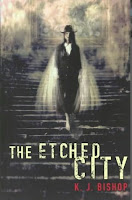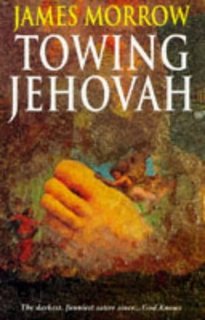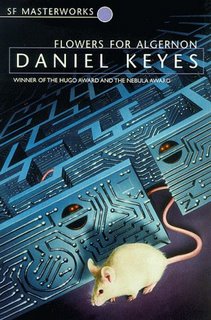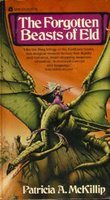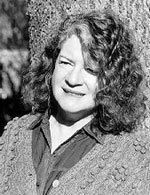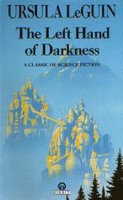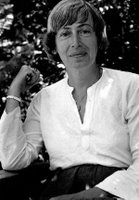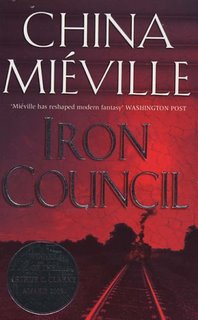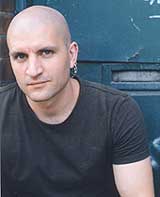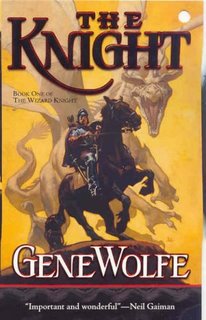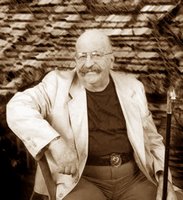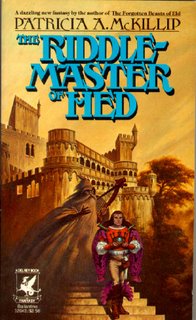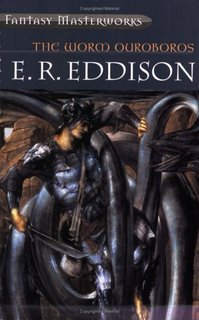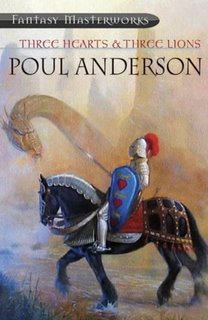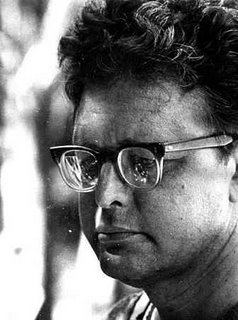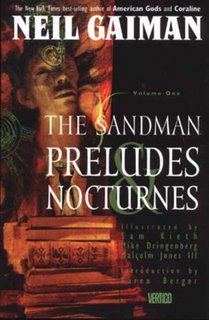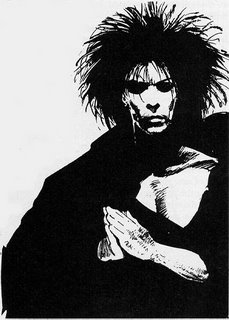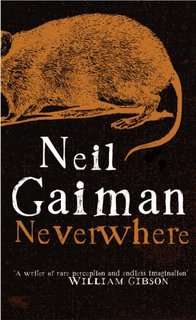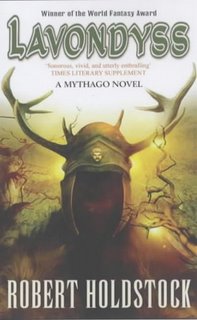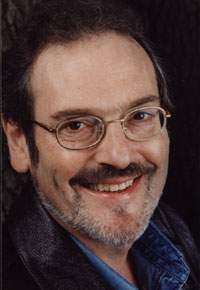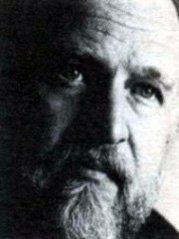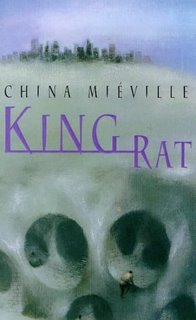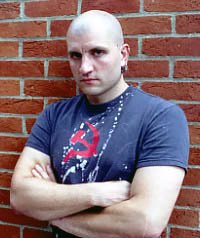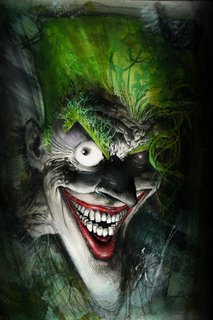 Dark tales in Batman’s past…
Dark tales in Batman’s past… Picking up any copy of Batman Secret's will always give you some haunting Joker images, as the picture opposite testifies. This figure ultimately provides the focus, albeit an insane leering one. The first two issues looked at the effects that the media have on the life of Batman, as the Joker put his madman persona behind him, and takes on the guise of the victim, with Batman as the oppressor.
The artwork is haunting and visceral throughout, with a good amount of up close images, this provides a nice contrast with the Joker and Batman, who represent as ever disorder/chaos and order/ justice. Batman often has to fight all manner of threats in Gotham, though this time the media takes centre stage as its loyalties change in flux, it’s a clever little story as the theme of secrets crops up and how these can be used and abused, as everyone has a secret, even Batman. This provides some great scenes between the two opposites, as the interplay and confrontations get more and more charged. This is definetely one of the better Batman releases from DC comics.
Story and art by Sam Keith, Alex Sinclair, Travis Lanham, Kristy Quinn & Scott Dunbier!
Batman Secrets # 3 of 5
30 pages in total
___________________________________________________
The time has come to stop playing the game...
Batman Legends is at the moment a very exciting read, and for one reason, war games. The war games saga has been ever present in these re-releases since about issue 24, with the prelude to act one. Since then it’s been a jaw dropping exhilaration ride, through a turbulent time in Gotham city. War games revolves around a secret contingency plan gone wrong, in the initial issue a good number of the crime city bosses are killed in a meeting, when the organiser, Matches Malone, doesn’t turn up. It’s then up to the dark knight to sort out the ensuing chaos, as bedlam break out across the city
Legends #34 sees war games continuing on parts 3 and 4 of act 3. With control of the situation fast slipping away this issue sees Batgirl, Robin, Nightwing and Onyx designated tasks to try at prevent the situation spiralling completely out of control. There is a lot of back story to this issue, which would be pointless to go into any more detail.
 Needless to say this story arc is a gripping one; the fight scenes and various revelations throughout are a joy. And as it’s got so many characters in, it’s impossible to put down, as the wealth of interaction is always a plus. The artwork and everything that entails is very well put together, it’s just all so damn gorgeous, it really does fit the bill of a collectors edition.
Needless to say this story arc is a gripping one; the fight scenes and various revelations throughout are a joy. And as it’s got so many characters in, it’s impossible to put down, as the wealth of interaction is always a plus. The artwork and everything that entails is very well put together, it’s just all so damn gorgeous, it really does fit the bill of a collectors edition.
This issue also has Anarchy (Or Anarky in American speak) in Gotham City, an interesting little piece on interpretations of justice, as a so called people’s champion practises his methods of dealing with the corrupt. Its good that they are contrasting the newer releases with some older ones, the previous Death in the family cycle, was excellent, though they did all have blue hair.
A final note on war games as a whole though, its pointless to start collecting the legends now, as the whole series is collected in Graphic Novel format anyway. This policy of re-releases is going to keep me happy for some time, as it collects only the finest DC episodes in Batman life, and they are essential.
Story and art by Devin Greyson, Sean Philips, Bill Willingham, Thomas Dernick, Alan grant & Norm Breyfogle.
Includes material reprinted from Nightwing #98, Robin #131 and Detective Comics #608.
76 Pages in total

